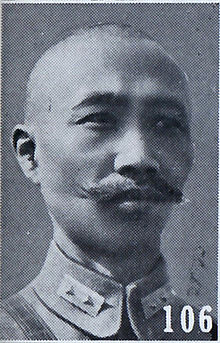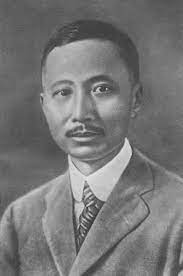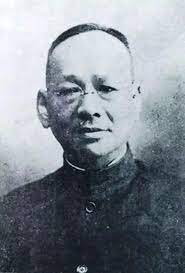Hu Han-min 胡漢民 Orig. Hu Yen-kuan 胡衍鸛 Alt. Hu Yen-hung 胡衍鴻 T. Chan-t'ang 展堂 H. Pu-k'uei shih-chu 不匱室主 Hu Han-min (9 December 1879-12 May 1936), revolutionary leader and close associate of Sun Yat-sen, was the first republican governor of Kwangtung. In 1924 he became the topranking member of the Central Executive Committee of the Kuomintang […]













